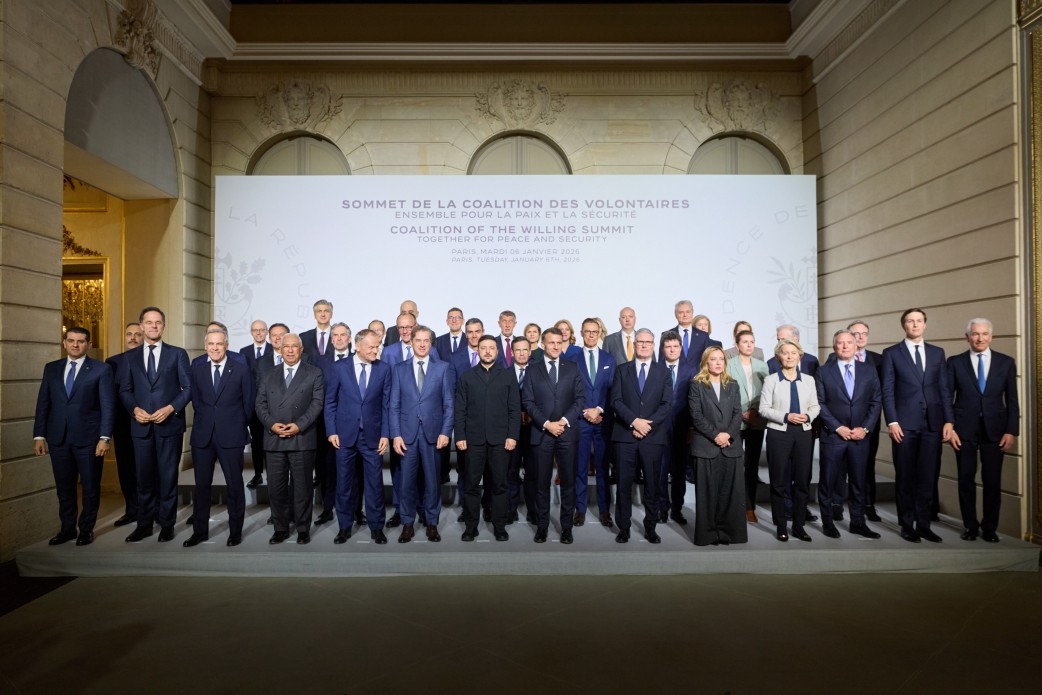Ukraine and Germany are deepening their cooperation in implementing business support and human capital programs in Ukraine. This was discussed during a meeting between the First Deputy Prime Minister and Minister of Economy of Ukraine, Yulia Svyrydenko, and the Minister for Economic Cooperation and Development of Germany, Svenia Schulze.
During the meeting, they highlighted the importance of mobilizing the private sector to rebuild Ukraine’s economy. They also discussed the practical implementation of joint initiatives launched during the International Ukraine Recovery Conference in Berlin (URC-2024), including the implementation of the Small and Medium-Sized Enterprises (SME) Resilience Alliance and the Skills Alliance program to retrain Ukrainians.
“Germany’s support is invaluable. Since the beginning of Russia’s full-scale invasion, Germany has provided Ukraine with a total of 37 billion euros in aid — the most of any European country. They continue to support Ukraine through initiatives like Skills Alliance, which will help retrain 180,000 Ukrainians over the next three years,” emphasized Yulia Svyrydenko.
Ukraine’s recovery will also be impossible without people with the necessary professional skills. To ensure that as many Ukrainians as possible gain the required qualifications for the job market, the Skills Alliance initiative has been introduced. This program will also contribute to Ukraine’s EU integration efforts by recognizing diplomas obtained abroad through this training. It will focus on strengthening the roles of women, youth, people with disabilities, and other marginalized groups.
“Together with Germany, we have brought together dozens of countries, development institutions, and international organizations to implement the Skills Alliance retraining project. The total value of the program is 700 million euros. The alliance participants are ready to offer access to their training programs, implement educational courses for internally displaced persons and Ukrainians who have been forced to leave the country, motivating them to return to their hometowns,” continued Yulia Svyrydenko.
Next month, a large meeting is planned, where government officials and partners will work on specific steps for implementing the program, ensuring Ukrainians clearly understand where and how to apply, what training is available, and what they will gain upon completion.
The parties also discussed the progress of the SME Resilience Alliance program, which supports and develops small and medium-sized businesses in Ukraine. The alliance currently includes 33 members, with 122 projects and programs financed by 24 donors.
“Together with our partners in the alliance, we will work on deregulation and simplifying business operations in Ukraine, launching digital tools and services to support SMEs, expanding access to financing and export opportunities, and developing entrepreneurial skills and innovative potential,” concluded Yulia Svyrydenko.
Background
The Skills Alliance initiative was created during the International Ukraine Recovery Conference (URC-2024) held in June in Berlin. Nearly 50 countries, donors, international partners, and business community representatives participated. The initiative’s goal is to offer opportunities for retraining and upskilling Ukrainians.
The Small and Medium-Sized Enterprises (SME) Resilience Alliance was also founded at the International Ukraine Recovery Conference (URC-2024). It includes Ukraine, 12 other countries, and 17 development institutions and international financial organizations.
This initiative helps address tasks such as:
- Coordinating joint actions within ongoing and future international technical assistance projects aimed at supporting business;
- Reviewing the progress made in the implementation of the SME Strategy;
- Integrating cross-cutting issues (such as green transition, inclusiveness, support for veteran and women-owned businesses, entrepreneurs among internally displaced persons, etc.) into initiatives to strengthen resilience and growth of SMEs.





















